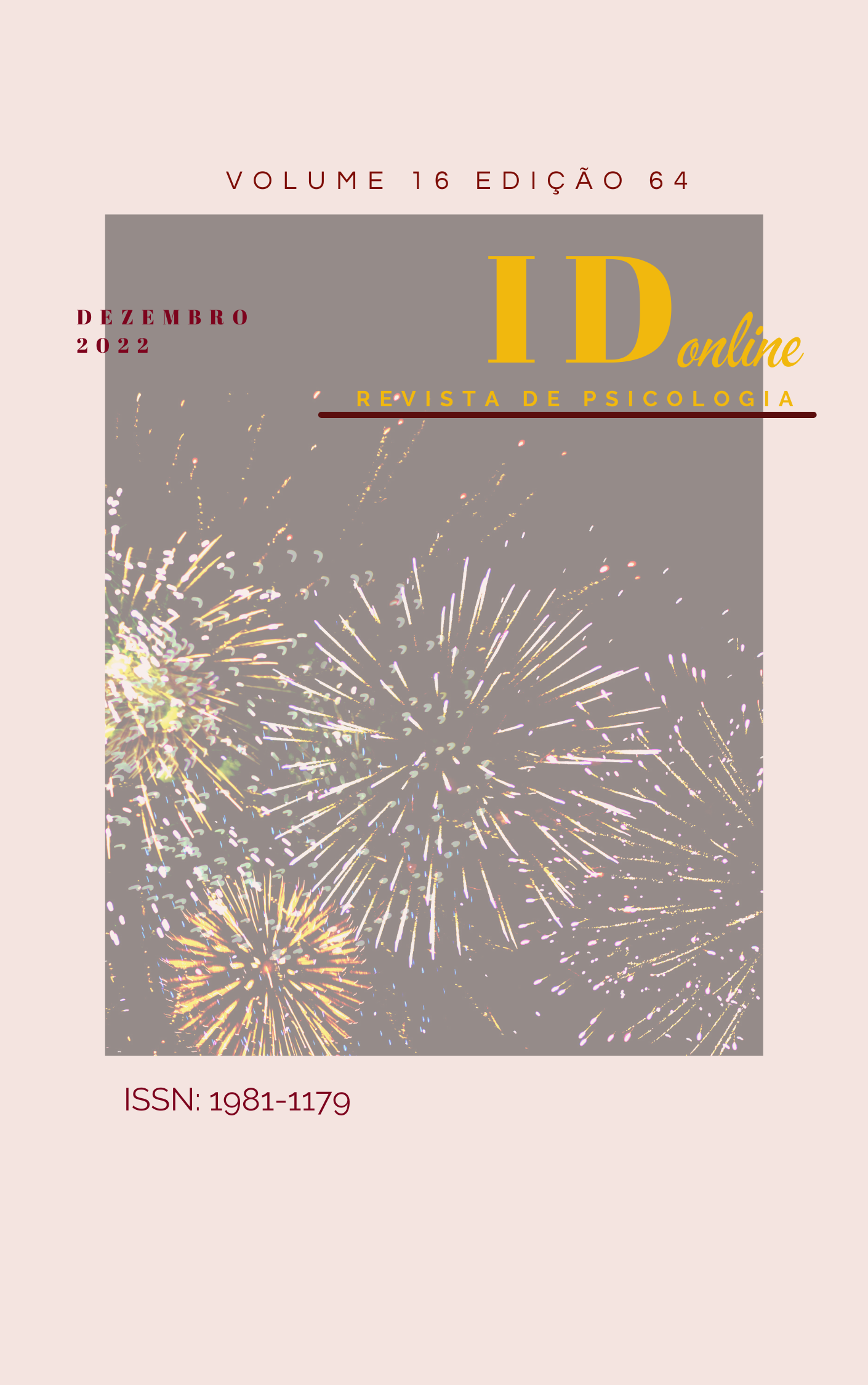Playfulness in Early Childhood Education: Play in the Teaching-Learning Process
DOI:
https://doi.org/10.14295/idonline.v17i69.3923Keywords:
Playfulness, Learning, ContributionsAbstract
This article seeks to demonstrate the importance of playfulness in the child development process, seeking to reveal its contributions to the educational and social scenario. When applying learning to a more playful method, it can help the child feel like participating, and thus develop their skills. In addition to adding knowledge that will be developed during classes, thus promoting a pleasant and interactive environment. Play can also stimulate the development of cognitive skills, where the student can use their imagination and creativity, thus contributing to the construction of knowledge, where the teacher will use materials and games as a tool to attract students' attention, so that they can participate and thus contribute to their teaching-learning process. Proposing a more dynamic and creative method can help both the students and the teacher, which will involve the class, leaving them increasingly excited, interested and participating in classes. Showing that play related to learning is an important factor, which makes it clear that play has its value in contributing to learning and it is not just a form of fun, you just need to define its objective in the classroom, if it is used in a way that contributes to students' learning, it will increasingly favor the performance of the class, thus favoring a welcoming environment, where children can have a good relationship with their classmates, where in this way everyone can always be in contact with each other, helping.
Downloads
References
FRIEDMANN, Adriana. O brincar na educação infantil, observação, adequação e inclusão. 1. ed. São Paulo:Moderna,2012.
FANTACHOLI, Fabiane das Neves. A Importância do Brincar na Educação Infantil.2009. Disponível em: https://monografias.brasilescola.uol.com.br/educacao/a-importancia-brincar- na-educacao-infantil.htm. Acesso em: 04 de Maio 2023.
JESUS, Ana Cristina Souza. Como aplicar jogos e brincadeiras na educação infantil. 1.ed. Rio de Janeiro:Brasport,2010.
LUDICIDADE. In: Dicio, Dicionário Online de Português. 7Graus, C2023. Disponível em: www.dicio.com.br/ludicidade/. Acesso em: 02 de Maio de 2023.
SOUSA, Priscila. Ludicidade.In: Conceito.de, C2023. Disponível em: https://conceito.de/ludicidade. Acesso em: 06 de Setembro de 2023.
PERNAMBUCO, Governo do estado de pernambuco. Secretaria de Educação e Esportes. Curriculo de Pernambuco Ensino Fundamental. 2019. Disponível em: http://www.afogadosdaingazeira.pe.gov.br/selecao-simplificada/CURRICULO-DE- PERNA MBUCO-ENSINO-FUNDAMENTAL.pdf. Acesso em: 02 de maio 2023.
PEREIRA, Drielle Rodrigues; SOUZA, Benedita Severiana. A Contribuição dos Jogos e Brincadeiras no processo de Ensino-Aprendizagem de Crianças de um CMEI na Cidade de Teresina, 2015. Disponível em: 2730(ufpi.br). Acesso em 09/10/2023.
SOUZA, Marcos L. Práticas Lúdicas Na Educação Infantil. 1.ed. Santa Catarina:Clube de autores,2018.
Downloads
Published
How to Cite
Issue
Section
License
Copyright (c) 2023 José Luiz do Nascimento Neto, Joenildo Junior

This work is licensed under a Creative Commons Attribution-NonCommercial 4.0 International License.
Os autores detêm os direitos autorais sem restrições, devendo informar a publicação inicial nesta revista, em caso de nova publicação de algum trabalho.










